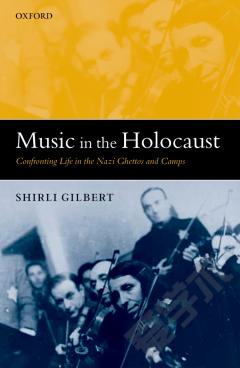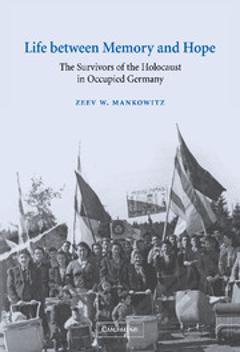Music in the Holocaust —— Confronting Life in the Nazi Ghettos and Camps
----- 大屠杀时的音乐:纳粹集中营中的生活
Reveals the role of music in Nazi concentration camps Examines orchestras, choirs, communal sing-songs, and cabarets, amongst others Shows how music contributes to our broader understanding of the Holocaust and the experiences of its victims In Music in the Holocaust Shirli Gilbert provides the first large-scale, critical account of the role of music amongst communities imprisoned under Nazism. She documents a wide scope of musical activities, ranging from orchestras and chamber groups to choirs, theatres, communal sing-songs, and cabarets, in some of the most important internment centres in Nazi-occupied Europe, including Auschwitz and the Warsaw and Vilna ghettos. Gilbert is also concerned with exploring the ways in which music - particularly the many songs that were preserved - contribute to our broader understanding of the Holocaust and the experiences of its victims. Music in the Holocaust is, at its core, a social history, taking as its focus the lives of individuals and communities imprisoned under Nazism. Music opens a unique window on to the internal world of those communities, offering insight into how they understood, interpreted, and responded to their experiences at the time. Contents Introduction: Redeeming Music--'Spiritual Resistance' and Beyond 1. 'Have compassion, Jewish hearts': Music in the Warsaw Ghetto 2. Vilna: Politicians and Partisans 3. Songs Confront the Past: Life in the Sachsenhausen 4. Fragments of Humanity: Music in Auschwitz Epilogue Appendix: Repertoire Listings
{{comment.content}}








 京公网安备 11010802027623号
京公网安备 11010802027623号